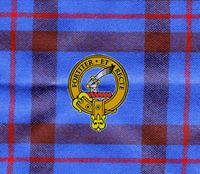What is pomology ?
Pomology (from latin pomum (fruit) + -logy) is a branch of botany that studies & cultivates fruit. The denomination fruticulture—introduced from Romance languages (from Latin fructus and cultura)—is also used.
Pomological research is mainly focused on the development, enhancement, cultivation and physiological studies of fruit trees. The goals of fruit tree improvement include enhancement of fruit quality, regulation of production periods, & reduction of production cost. One involved in the science of pomology is called a pomologist.
Pomology has been an important area of research for centuries.
During the mid-19th century in the United States, farmers were expanding fruit orchard programs in response to growing markets. At the same time, horticulturists from the United States Dept of Agriculture & agricultural colleges were bringing new varieties to the United States from foreign expeditions, & developing experimental lots for these fruits. In response to this increased interest & activity, USDA established the Division of Pomology in 1886 & named Henry E. Van Deman as chief pomologist.
An important focus of the division was to publish illustrated accounts of new varieties & to disseminate research findings to fruit growers & breeders through special publications and annual reports.
During this period Andrew Jackson Downing & his brother Charles were prominent in Pomology & Horticulture, producing the text book, 'The Fruits and Fruit Trees of America' (1845).
More Info:
en.wikipedia.org









